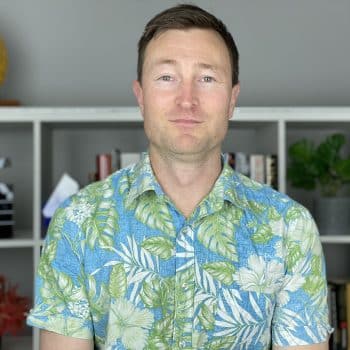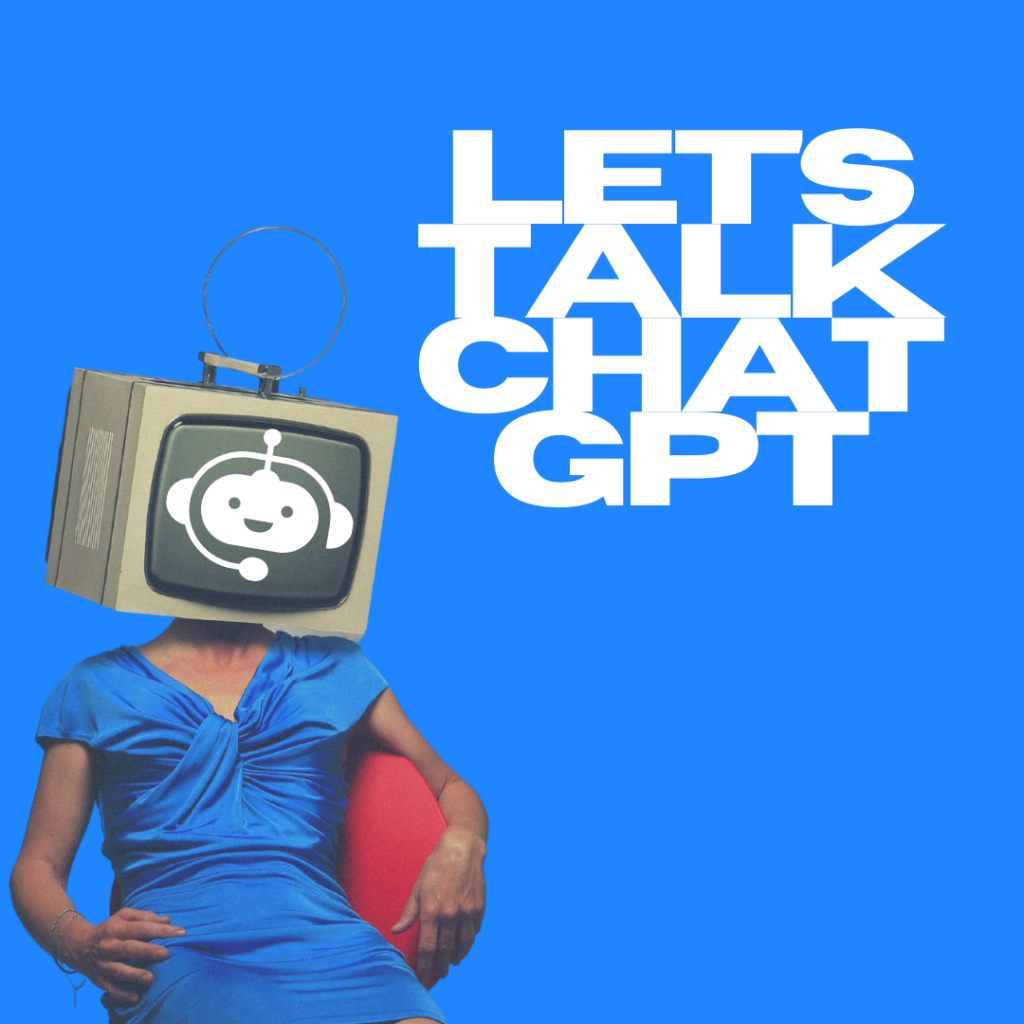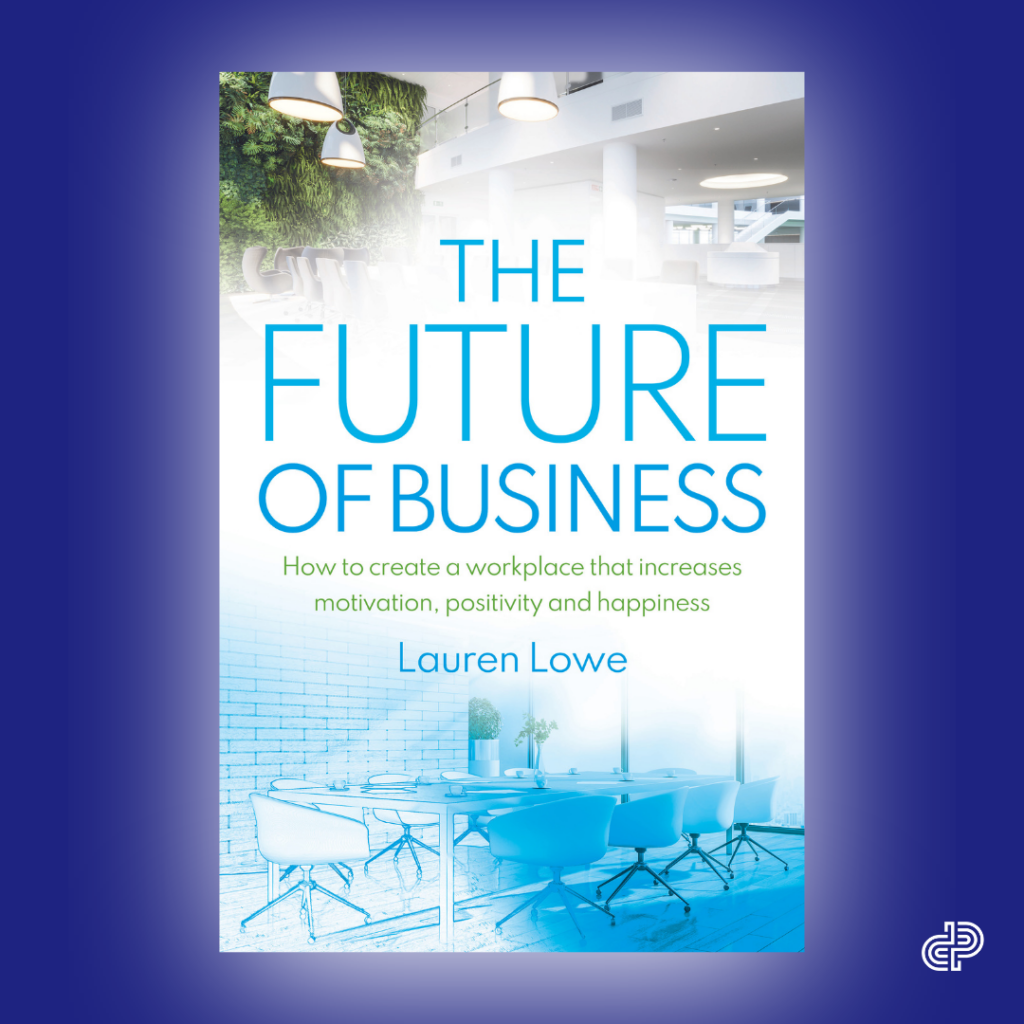
In honour of Autism Awareness Day, we’d like to introduce you to upcoming Dean Publishing author Orion Kelly, also known as ‘That Autistic Guy’. Orion is changing the way people perceive and understand autism. Orion is a content creator, podcaster, radio host, dad and husband. After being diagnosed with autism as an adult, Orion has made it his life mission to advocate for the autistic community, by spreading awareness and teaching people through his illuminating, entertaining and informative YouTube videos, podcasts and blogs. Orion’s dream is to raise a level of understanding, appreciation and acceptance of the autistic community.
We are so proud to work with Orion and help him spread his vital messages to the world. At Dean Publishing, one of our goals is to spread the experiences and teachings of people with diverse lives and viewpoints, so we feel very lucky to work with Orion and are looking forward to publishing his book soon.
Here are the top 11 myth-busting facts, as written by Orion.
Busting Autism Myths
I’m being completely genuine when I say that I do not believe the most damaging myths around autistic people will be laid to rest for eternity before me. That being said, I’ll never stop advocating to raise the level of understanding and acceptance of autistic people. So do me a favour. Share this blog with the world. Post it. Email it. Discuss it. Share it. Let’s bust some of the most damaging myths around autism.
MYTH: Autism can be separated into high-functioning and low-functioning.
This myth comes from a long-held belief that high-functioning and low-functioning autism means only some autistic people require daily support and care, and those with high-functioning autism just have a ‘light’ form of autism. However, you can’t be a ‘little bit’ autistic. There is no such thing as ‘mild’ autism. Every autistic person has different challenges and strengths. Some have high support needs, and some have low support needs. The focus needs to be on the level of daily support or care needs an autistic person requires, rather than functioning labels.
MYTH: Autistic people lack empathy, are cold, and don’t experience emotions.
The truth is, autistic people can feel as much, if not more, empathy than non-autistic people. However, we may have trouble detecting the emotions of others from unspoken interpersonal communication like body language or tone. When emotions are communicated more directly, autistic people are much more likely to feel empathy and compassion for others, but we may express it in ways that are harder to recognise or have trouble expressing it. In my experience, I can take on the emotional pain of others but sometimes struggle to show my empathy or feelings outwardly.
MYTH: Autistic people only have deficits compared to neurotypical people and are intellectually disabled.
This is simply not true. Sure, some autistic people also have other comorbidities including intellectual disability. But other autistic people have above an average IQ. Bottom line, being autistic does not mean you have an intellectual disability.
MYTH: Autism is a disease that can be outgrown or cured.
The fact is that autistic people are born autistic and will die autistic. Autism is not a disease and therefore cannot be cured or prevented. And why would anyone want me to be cured from being themselves? I don’t – I’m a bloody star, for goodness’ sake. Also, you cannot grow out of being autistic. It doesn’t lighten with age. In fact, I’d suggest as you age it becomes harder to mask your true autistic self.
MYTH: Autistic people look alike.
You don’t look autistic. There is no look. Autistic people are diagnosed on a spectrum, meaning no two autistic people are the same. We all have individual challenges and strengths. Autism is a neurodevelopmental disability with no universal physical characteristics.
MYTH: Autistic people can’t establish relationships.
It is wrong to think autistic people don’t want relationships or cannot make friends. Sure, autistic people may need support with social skills and definitely interact differently with the world around them, but most autistic people enjoy having friendships and other meaningful relationships. It can be like trying to be friends with a person who doesn’t speak the same language as you. Misunderstandings and breakdowns in communication can be a major barrier to an autistic person cultivating relationships.
MYTH: All Autistic people are savants or have a savant-like skill or ability.
All autistic people are NOT savants. We are NOT like Rain Man, or the Good Doctor, or Sheldon Cooper. Some autistic people do have savant skills or exceptional abilities, and some do not. Unfortunately, it’s just sexy for the media to portray an autistic character as an awkward savant.
MYTH: Autistic people are violent.
There is no body of evidence that shows autistic people are more violent than non-autistic people. In fact, autistic people are more likely to be the victims of violence, not the perpetrators. Aggressive behaviour is most likely caused by exhaustion, frustration, physical and sensory overload, and autistic burnout.
MYTH: Autism is a mental illness.
Autistic people are NOT mentally ill. However, forms of mental illness including anxiety and depression can co-occur with autism. Autistic brains are simply ‘wired’ differently to neurotypical brains. It’s a different operating system.
MYTH: Autism is caused by bad parenting.
There was this ridiculous theory adopted many decades ago that autistic kids were ‘created’ by cold, unemotional parents, or ‘refrigerator’ parents. Now I’ll admit that’s funny. But it’s simply fanciful that childhood experiences, trauma or parenting can cause autism. You can only be born autistic, so parenting is irrelevant – well, apart from genetics.
MYTH: Only boys can be Autistic.
Anyone can be diagnosed as autistic. The most recent stats suggest boys are about three times more likely to be diagnosed autistic. However, girls and women can and are diagnosed as autistic and gender barriers have certainly inflated the differential numbers. Autistic girls and women are often better at hiding their traits by imitating social skills or suppressing some of their autistic characteristics. Also, girls and women are more likely to be misdiagnosed, or diagnosed later in life.
People are always wary or scared of what they don’t understand. So, I hope by busting these myths, we’ve raised your level of understanding and acceptance of autistic people. Now please pass it on.
You can check out more of Orion’s content:
Check out his video on Busting Autism Myths: https://youtu.be/UtTc45QVQoM
You can subscribe to Orion’s YouTube channel: https://www.youtube.com/user/orionkelly
Check out his website: https://orionkelly.com.au
Stay tuned for Orion’s upcoming book on the Dean Publishing website.
Orion’s article about busting autism myths was originally published on his website, https://orionkelly.com.au/blogs/f/busting-autism-myths





